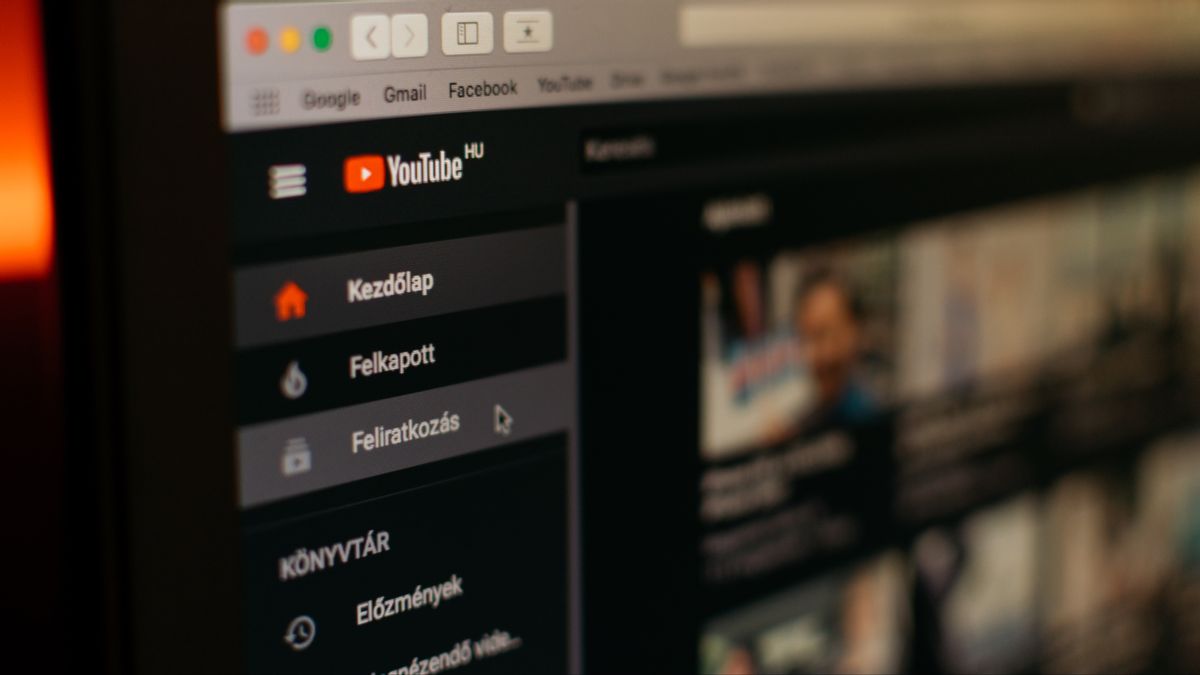JAKARTA - Gamers should now be more vigilant when they find a free cheat and crack code link inside a YouTube video description. The reason is, hackers may have infiltrated YouTube channels that host videos, and turned them into vectors to spread malware that can steal login credentials.
March 2020, cybersecurity expert Kaspersky discovered the trojan hackers used to combine some malicious programs, then disseminated via spam emails or third-party carriers.
Dubbed RedLine, this malware can steal various types of credentials from the victim's system, then use it to trick more users.
Once enabled, RedLine can steal data from Chrome, Firefox, and Chromium-based browsers, including Autofill information, usernames, passwords, cookies, and banking credentials.
In addition, RedLine can also steal information from crypto wallets, instant messaging software, FTP, SSH, and VPN clients. In addition, malware can open links in the system's built-in browser to download and open programs.
From there, malware can spread using more complicated schemes. He will download videos to the victim's machine, advertise cheats and cracks for many popular PC games, then upload them to the victim's YouTube channel.
The description of the uploaded video does not contain a link to lead to an advertised hack, but vice versa, the link leads to a trojan that uploaded the video.
Launching TechRadar, Monday, September 19, the game includes the XIV Fantasy Final, Forza, Lego Star Wars, Rust, Spider-Man, Stray, VRCat, DayZ, F12, Farming Simulator, and more.
YouTube has closed compromised channels, but users should be aware of suspicious links on the site if this deployment method becomes more popular in the future.
Users who wish to actively defend themselves from this malware, or who feel they have been targeted, should know that the RedLine malware contains files with the name below.
Makisekurisu.exe, cool.exe, AutoRun.exe, download.exe, and upload. Exe. AutoRoun copies itself into the%APPDATA directory\Microsoft\Windows\Start Menu\Programs\Startup, causing it to run every time Windows starts.
The English, Chinese, Japanese, Arabic, and French versions are automatically generated by the AI. So there may still be inaccuracies in translating, please always see Indonesian as our main language. (system supported by DigitalSiber.id)










